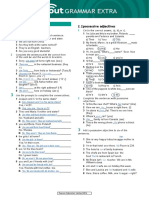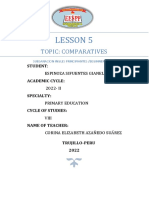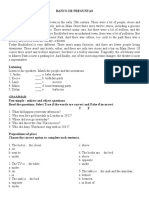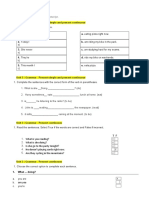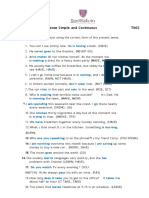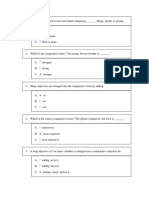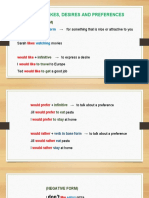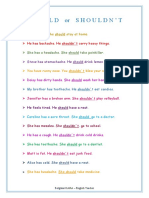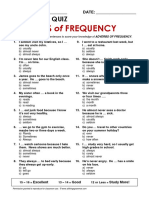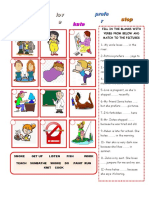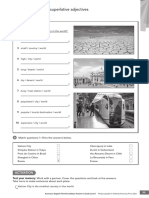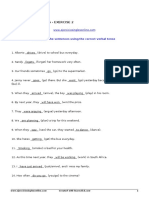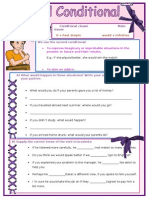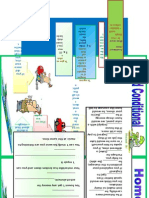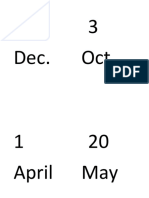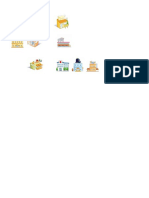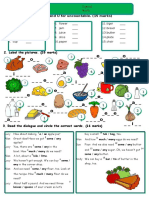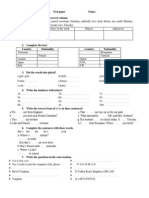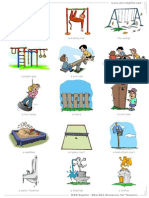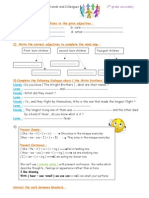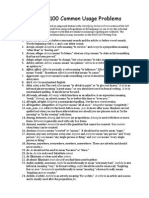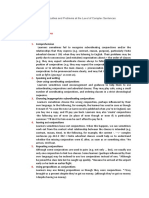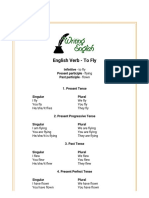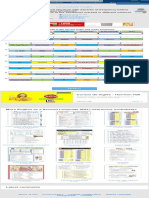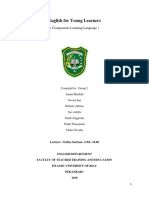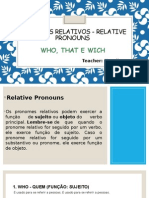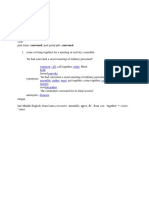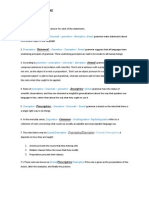0% found this document useful (3 votes)
411 views2 pagesSecond Conditional
The document discusses the second conditional and how it is used to express imaginary or improbable situations in the present or future and their results. It provides examples of using the second conditional to express what would happen in hypothetical scenarios, as well as to give advice by saying "If I were you...". It then provides exercises for learners to practice using the second conditional by filling in verbs in the conditional form.
Uploaded by
kviola16Copyright
© © All Rights Reserved
We take content rights seriously. If you suspect this is your content, claim it here.
Available Formats
Download as DOC, PDF, TXT or read online on Scribd
0% found this document useful (3 votes)
411 views2 pagesSecond Conditional
The document discusses the second conditional and how it is used to express imaginary or improbable situations in the present or future and their results. It provides examples of using the second conditional to express what would happen in hypothetical scenarios, as well as to give advice by saying "If I were you...". It then provides exercises for learners to practice using the second conditional by filling in verbs in the conditional form.
Uploaded by
kviola16Copyright
© © All Rights Reserved
We take content rights seriously. If you suspect this is your content, claim it here.
Available Formats
Download as DOC, PDF, TXT or read online on Scribd
/ 2




